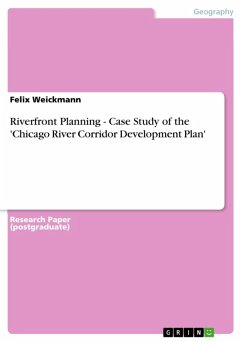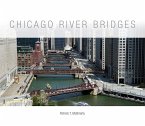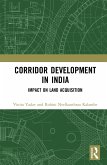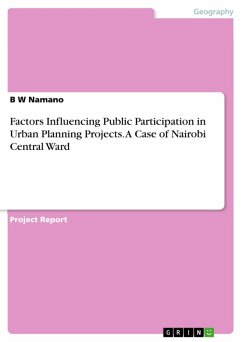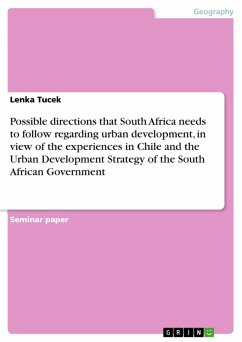Research Paper (postgraduate) from the year 2006 in the subject Geography / Earth Science - Demographics, Urban Management, Planning, grade: none, Humboldt-University of Berlin (Institute of Geography), language: English, abstract: In many urban regions, awareness of the specific challenges facing water-connected areas is increasing, and for the last forty years waterfront revitalization has been a hot topic worldwide. This has also been the case in the seven-million citizen region of Chicago. The factories and industries that once lined the Chicago River are now mostly gone (having closed or moved to greenfield sites). Nowadays a new mode of thinking is needed to decide how riverfront areas should best be redesigned and redeveloped. Even in the last few years, awareness of the importance of enhancing the conditions along the Chicago River corridor and developing new valuable urban areas for residential and recreational utilization has grown. In 2005, Chicago's mayor labeled the river as "Chicago's second shoreline" and claimed that the river's banks are no longer "forgotten areas". Against this political background the following paper investigates the research question: How does the City of Chicago approach comprehensive planning for the Chicago River Corridor? To answer this question an analysis of the planning process and a plan assessment is done. The paper proceeds as follows. In the next section is an overview given of the history of the development and utilization of the Chicago River corridor. Sections 3 and 4 discussed the comprehensive plan making process as a basic planning tool and the specific content and features of the Development Plan, respectively. Section 5 presents a critical assessment of the river and riverfront planning approach of the City of Chicago. The paper concludes with suggestions of how planners can improve comprehensive waterfront plans and comprehensive plans in general as well as approach best plan making processes associated with urban riverfront development.
Dieser Download kann aus rechtlichen Gründen nur mit Rechnungsadresse in A, B, BG, CY, CZ, D, DK, EW, E, FIN, F, GR, HR, H, IRL, I, LT, L, LR, M, NL, PL, P, R, S, SLO, SK ausgeliefert werden.

